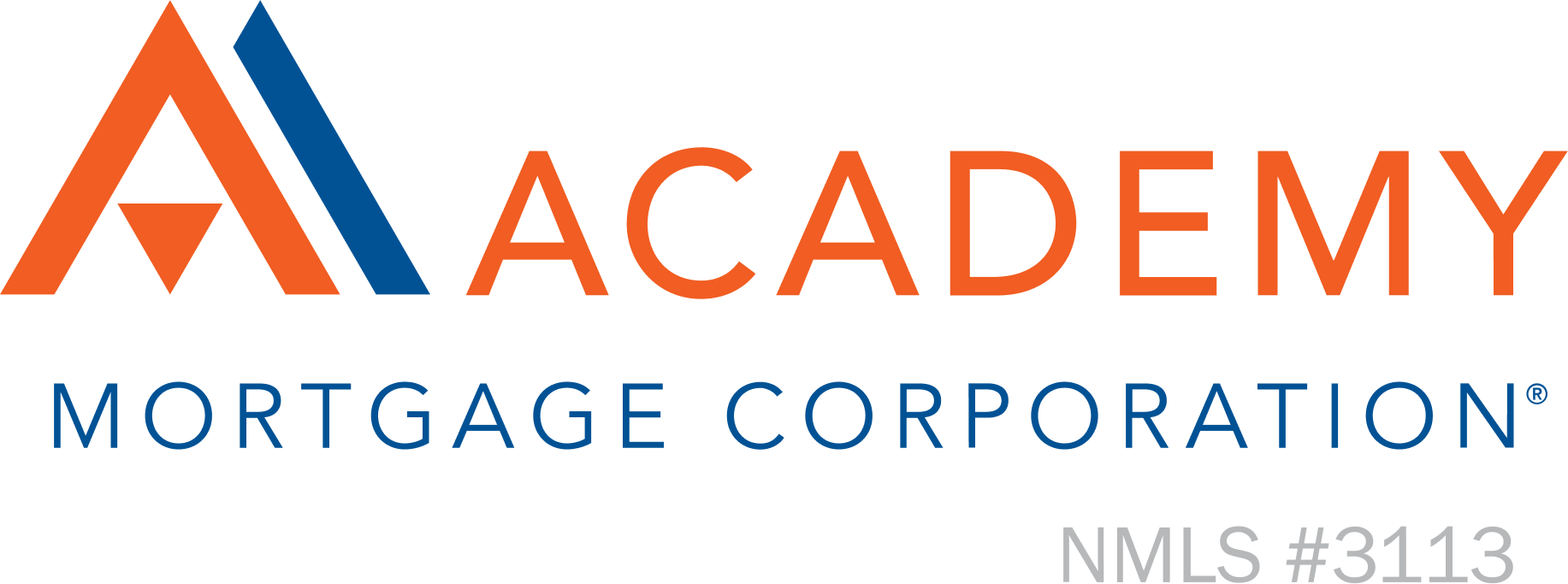7 ways to make money using your house


House hacking is catching on among buyers and owners concerned about affordability. Is it for you?
Maybe you’ve met them, or maybe you’re one of them. Many of today’s homeowners are house hacking—or finding ways to reduce their monthly housing expense by earning money with their house.
Why house hack? For a prospective homebuyer hoping to mitigate rising rates and home prices, it makes perfect sense. You can become a homeowner and begin building your prosperity, while using a house hacking strategy to keep your monthly costs low. This same benefit could apply to existing homeowners who want to offset increasing bills due to inflation. (Some say they’re successful enough at it to live for free.)
Is house hacking, in one of its many forms, right for you? Let’s find out.
House hacking: 7 ways to generate passive income

Here are some of the most popular ways to hack your house:
1. Rent a room.
House hacking can be as simple as renting a room or as complex as buying a multi-family house. In this scenario, a homebuyer might purchase a duplex or triplex and rent out the other units. Another option is to add an ADU (Accessory Dwelling Unit) to your property and rent it to a tenant or family member. ADU Loans, which consolidate ADU building costs into a single mortgage, are available.
An all-in-one Renovation Loan can be used if you need to remodel your home to make it rentable. This type of loan combines a mortgage (purchase or refinance) and renovation costs into one application, closing, and monthly payment. Before you take on larger renovations, calculate the potential cost of your project and compare it to how much income you might generate based on local rent prices.
Interested in adding an ADU? Contact your local Academy Loan Officer.
2. Become an Airbnb host.
Don’t want to share your space? Rent your home out on Airbnb or VRBO while you’re traveling over the summer. Airbnb also allows you to rent a room or mother-in-law suite while you’re at home. Since rentals are short-term, you get to determine when/how often you’d like to host. Currently, an Airbnb host’s passive income is estimated at nearly $37,000 a year. Just make sure to check your city’s laws governing short-term rentals.
3. Rent out your pool.
These days, apps exist for everything, and one of them is Swimply. If your soon-to-be or existing home has a private pool, you can rent it out by the hour using this app. Private pools and hot tubs may rent for as much as $100 an hour, depending on size, amenities, and location. If your property has private tennis courts, Swimply allows you to list those too.
4. Rent out your parking spot.
If you can rent your pool, then surely you can rent your parking space. You can list your garage or parking spot on Neighbor.com, SpotHero, and other apps for short- and long-term renting, which could prove especially lucrative if you live in an urban area. Listing is typically free, and parking spots that are available 24/7 are said to generate the most income. Neighbor.com estimates monthly earnings ranging from $50 to $300.
5. Rent storage space.
Affordable storage can be hard to come by. But you could put extra room in your home to good use by renting an unused bedroom, unfinished basement, or empty garage as a storage space. A site like StoreAtMyHouse (advertised as a Craigslist for storage) lets you list for free in a community marketplace. Boat and RV owners often seek out low-cost garages and sheds to store their vehicles off-season.
6. Rent your home out for photoshoots.
If your home is picturesque—and others agree—you could monetize it for photoshoots or as a commercial or movie set. Your home may get more interest if you live in a city that’s a hub for production, like Los Angeles, Atlanta, New York, or Las Vegas. If your home and/or property are spacious, you might also rent it out for weddings, parties, concerts, and other special events.
7. Start an in-home pet-sitting or daycare service.
It’s important to note that in-home pet-sitting and daycare may require licensing/permits, insurance, and adherence to other legal requirements. But if you’re passionate about animals, you could use a pet-sitting site like Rover or Care.com to begin boarding local pets. While opening a daycare requires more education and red tape, it might be possible to rent a house out to an existing in-home daycare provider.
Ready to take your next step? We’re ready to help.
Whether you’re buying your first home or looking for ways to conserve costs on your current mortgage, your local Academy Loan Officer is here to help. Get in touch to learn more about money-saving mortgage options.
Please consult a trusted professional as personal circumstances may vary. No specific results are guaranteed. Not all applicants will qualify. MAC324-1486008.


